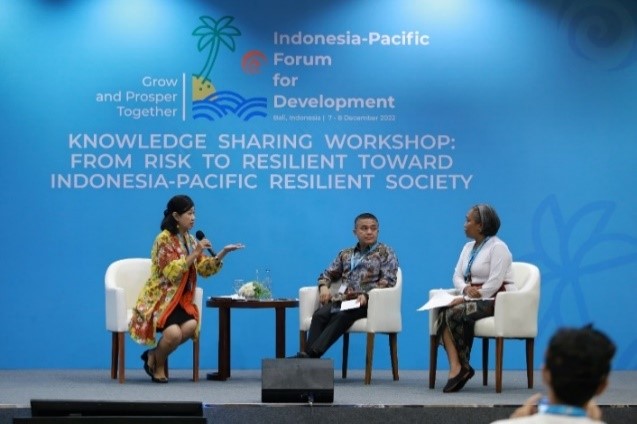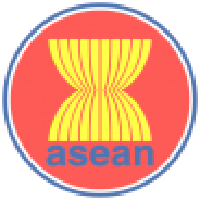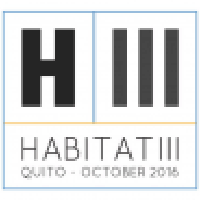Advocacy
Sendai Framework for Disaster Risk Reduction (DRR)

Channel Hub:
In Asia-Pacific, the number of urban dwellers is expected to rise to more than 2.8 billion by 2030 and reach nearly 3.5 billion in 2050. In 2015, UN Habitat even estimated that Asia-Pacific also has the largest concentration of people experiencing urban poverty, with a third of urban population living in slums, slum-like conditions or informal settlements.
Against the background of increasing urbanisation, and threats from major development challenges like environmental mismanagement, climate change (and hence climate-induced disasters), inequalities and disasters, as well as a consistent gap in infrastructure investment, the region’s city leaders due to their close proximity to citizens have a role to play in raising awareness and consciousness among their populations in order to reduce the risk of disaster.
They will also have to prepare for the increased pressure on and demand for basic services such as proper solid waste management, water and sanitation, road and transportation, public space, and urban safety.
These services are especially crucial for vulnerable and marginalised communities, many of whom are fully dependent on them for their human rights, livelihood, and security.
In developing its strategy, each local government takes part in reducing the risk of disaster by putting in place policies that respect the environment and take into account appropriate urban planning, transport schemes, energy efficiency and strategies to prevent climate change, desertification and the greenhouse effect.
The Third United Nations World Conference on Disaster Risk Reduction (3WCDRR), which took place in Sendai, Japan, between 14 and 18 March 2015, resulted in a historic agreement by the international community to reduce disaster risk, and recognized local authorities and the local level as essential to achieving this. Strongly represented at the Conference, local and regional authorities showed the world that they are fully engaged in the risk reduction process at all levels.
For the first time, the Sendai Framework for Disaster Risk Reduction 2015-2030 recognizes that local authorities have a crucial role to play in disaster risk reduction. The local level and local authorities are mentioned many times in the final text. The Sendai Declaration of Local Authorities emphasizes the need to connect the Sendai Framework for Action with the fight against poverty, the urban agenda, the fight against climate change and the Post-2015 agenda.
Here is how UCLG ASPAC is engaging in the implementation of the Sendai Framework; contributing to enabling resilient cities and urban centres in a region that has a high frequency of natural disasters.
Role of UCLG ASPAC
UCLG ASPAC is actively engaged in Disaster Risk Reduction (DRR) and the formulation of Hyogo Framework for Action 2 (HFA2) 2005-2015 that was globally adopted in 3WCDRR.
An agreement with UNISDR in 2013 was signed endorsing the support of UCLG ASPAC as the coordinator of the Stakeholder Group of Mayors and Local Governments for DRR in Asia. As the coordinator of the Group, UCLG ASPAC organized a regional forum during the 3WCDRR. The forum brought together dozens of mayors and local governments in Asia-Pacific region to meet and share their ideas and hopes about things to do to reduce the damage caused by natural hazards.
Since then, UCLG ASPAC has been actively working to support and capacitate local governments in the Asia-Pacific through various activities such as trainings, webinars, workshops, including partnering with UNDRR to advocate for the Making Cities Resilient 2030 (MCR2030) Campaign. It is where cities can join an online dashboard, and reap the benefits of knowledge sharing and learning from other involved cities prioritising DRR, as well as technical knowledge of DRR from a panel of experts involved in the campaign.
In 2022, UCLG ASPAC’s voice was present at the Knowledge Sharing Workshop on DRR (Disaster Risk Reduction), a side event at the Indonesia Pacific Forum for Development (IPFSD).
Under the IPFD event initiated by the Ministry of Foreign Affairs (MoFA) of Indonesia, a series of workshops on disaster management, women’s economic empowerment, and capacity building for micro, small and medium enterprises (MSMEs) in the digital era were organised. This is the first for UCLG ASPAC to collaborate with MoFA Indonesia for the IPFD side event.
Besides that, UCLG ASPAC in collaboration with Cites Unies France
(CUF), UCLG World together with the local government and local people of Palu City, Central Sulawesi celebrated the collaboration on the support to the recovery of Palu City from Tsunami, earthquake, and liquefaction disasters occurred in 2018 through the launching ceremony of a public space and memorial wall.
The public space was constructed in the Balaroa area where the victims of disasters reside in permanent housing built by the local government. The built public space was very much welcomed by the affected community as they finally have a space for their communal activities.
For more information, click here.











